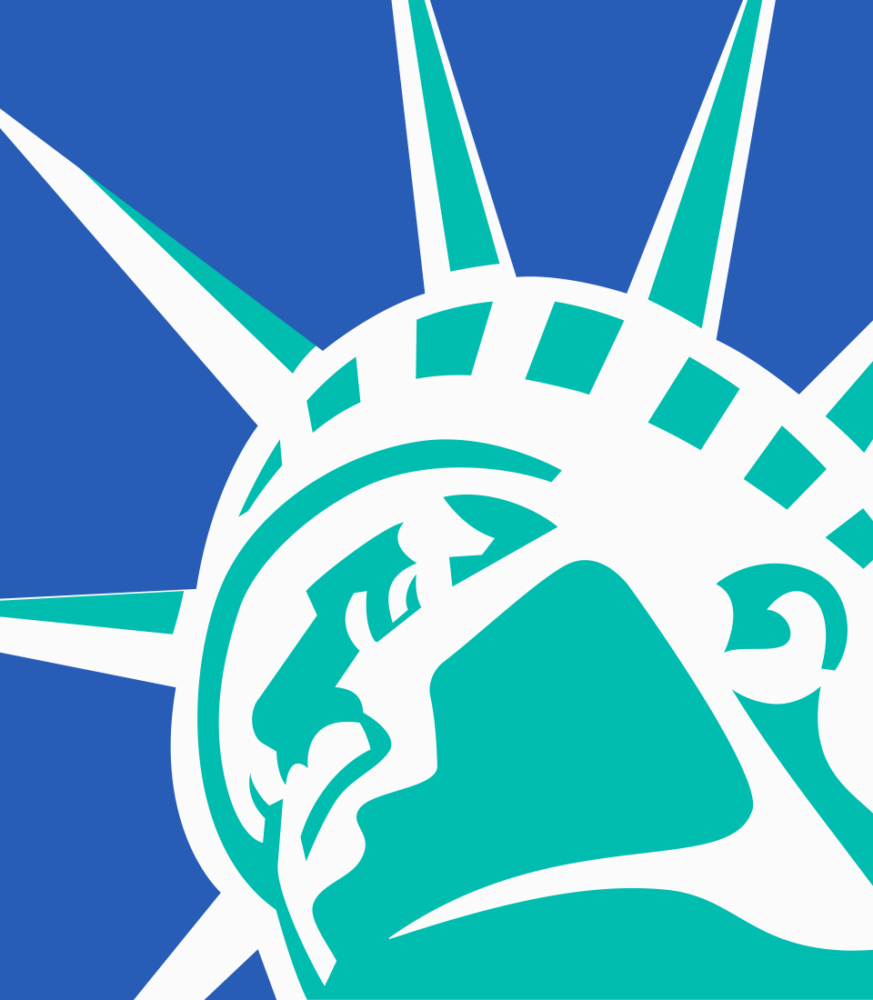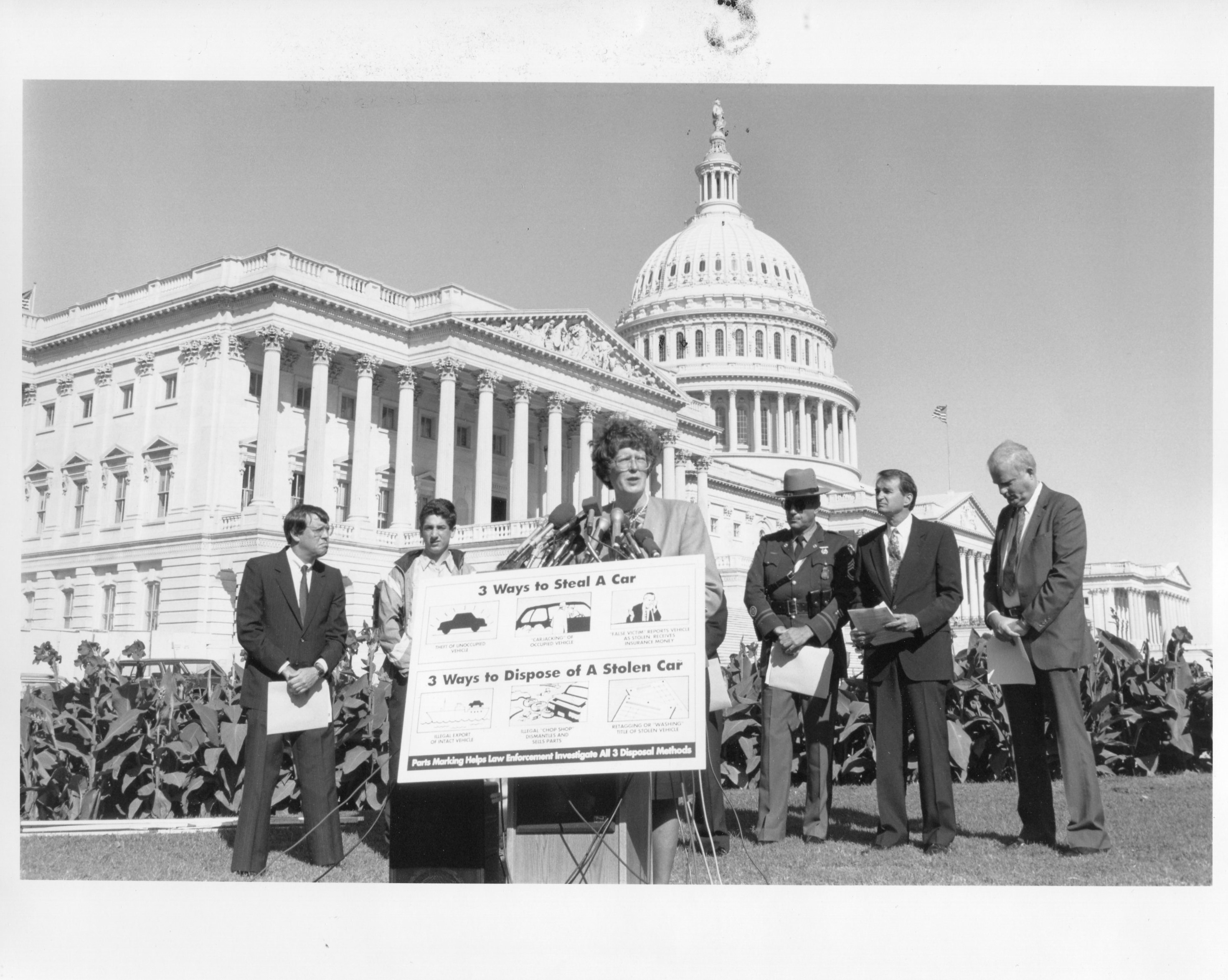

Victories
Since 1971, Public Citizen has helped make the country healthier, safer and more democratic. Here are some of the victories we have won for consumers, justice and democracy.
2023
'
Since 1971, Public Citizen has helped make the country healthier, safer and more democratic. Here are some of the victories we have won for consumers, justice and democracy.